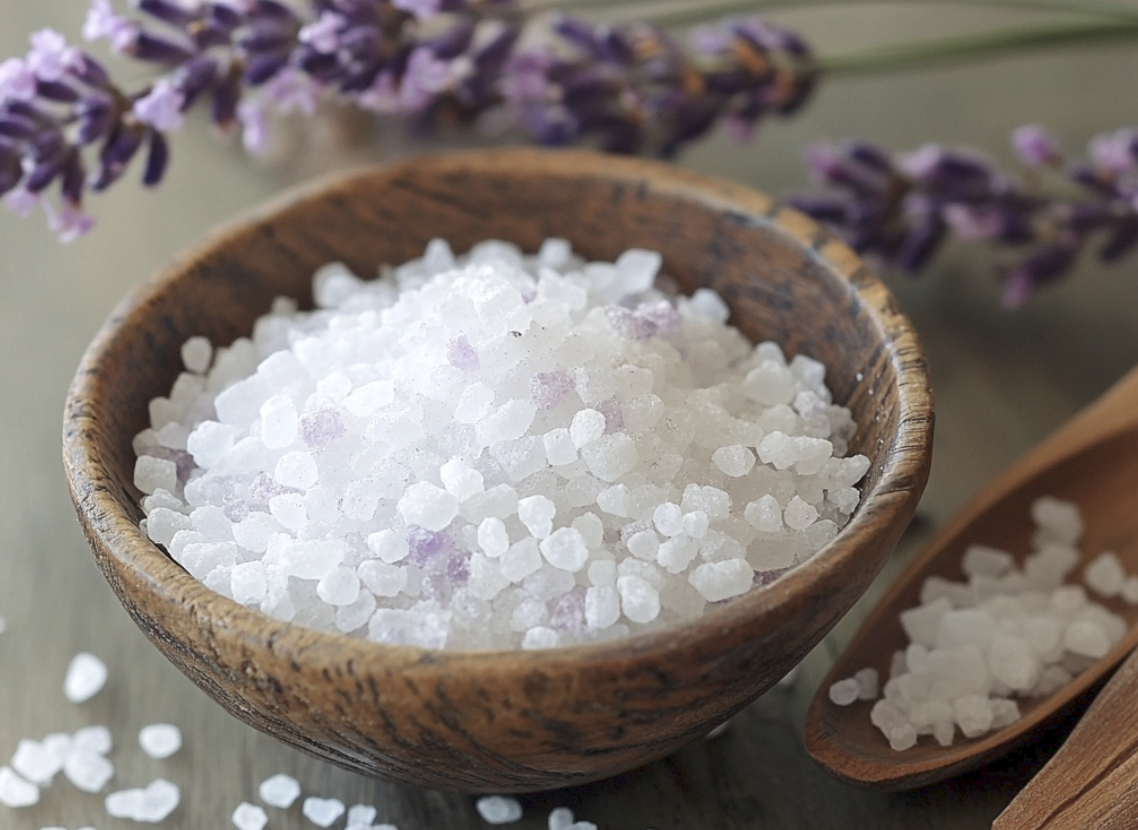
When it comes to enhancing your bath experience, finding the right ingredients can make all the difference.
Epsom salt is popular, but what if you’re out of it or want to try something new? Discover a variety of effective substitutes that not only relax your muscles but also rejuvenate your skin.
Imagine soaking in a bath that soothes your body and mind with natural ingredients easily found in your home.
Whether you want to unwind after a long day or treat specific skin concerns, these alternatives offer simple yet powerful benefits.
Dive into this guide to explore how these substitutes can transform your bath routine, leaving you feeling refreshed and revitalized.
Discovering the Best Epsom Salt Replacements
1. Sea Salt
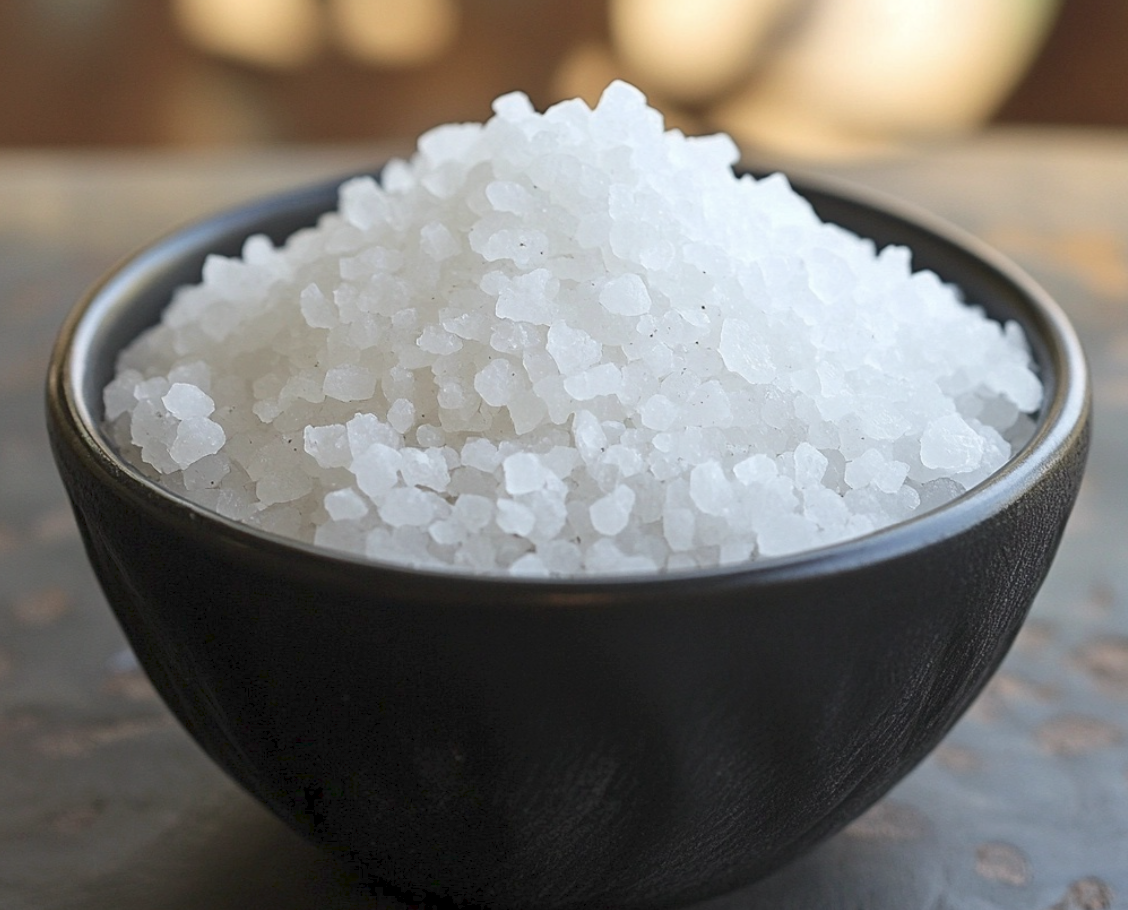
Sea salt is a popular substitute for Epsom salt due to its rich mineral content. It contains magnesium, calcium, and potassium, which benefit skin health.
Adding sea salt to your bath can help relax muscles and rejuvenate your skin. It is often compared to
Epsom salt is popular, with users noting its ability to promote relaxation and well-being. When using sea salt, dissolve it in warm water and soak it for about 20 minutes to experience its full benefits.
2. Himalayan Pink Salt
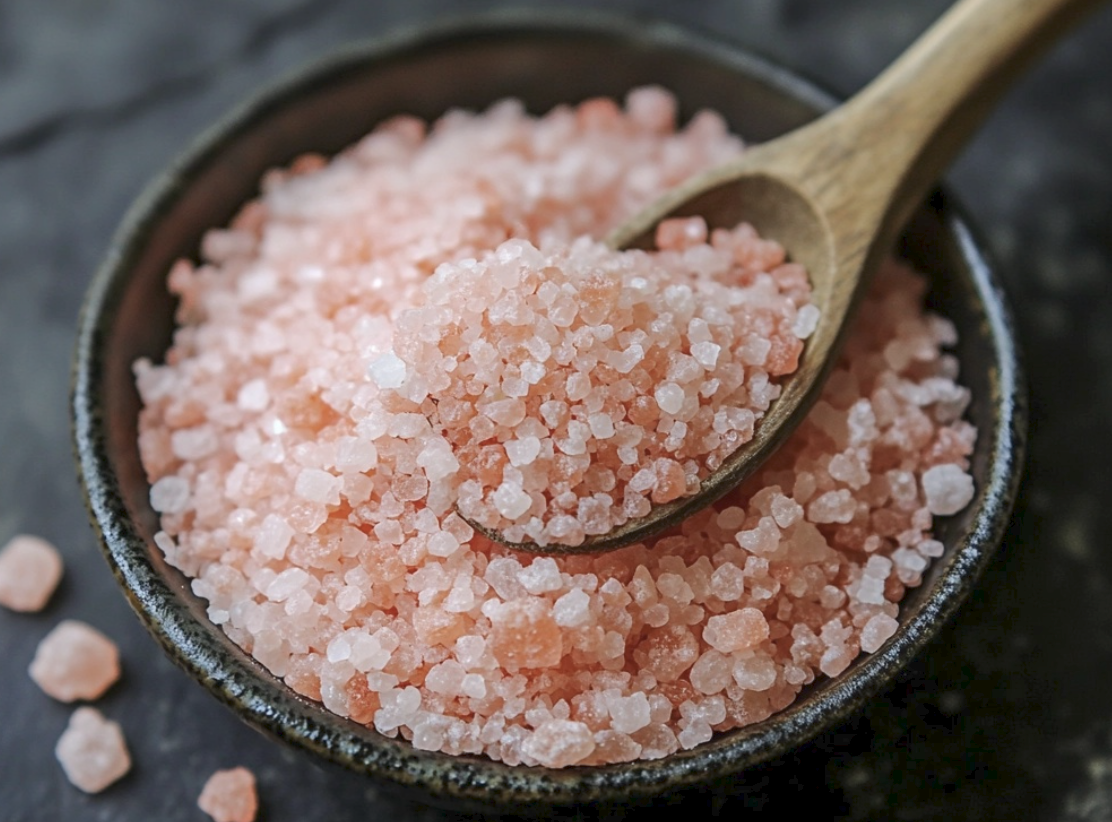
Himalayan pink salt is another excellent alternative, known for its unique mineral composition. It contains over 80 trace minerals that can benefit your skin.
These minerals help detoxify the body and relax muscles, making Himalayan pink salt a good choice for bath soaks. To use, add a handful to your bath and soak for 20-30 minutes.
This practice helps in relaxation and nourishes the skin, leaving it feeling soft and refreshed.
3. Baking Soda
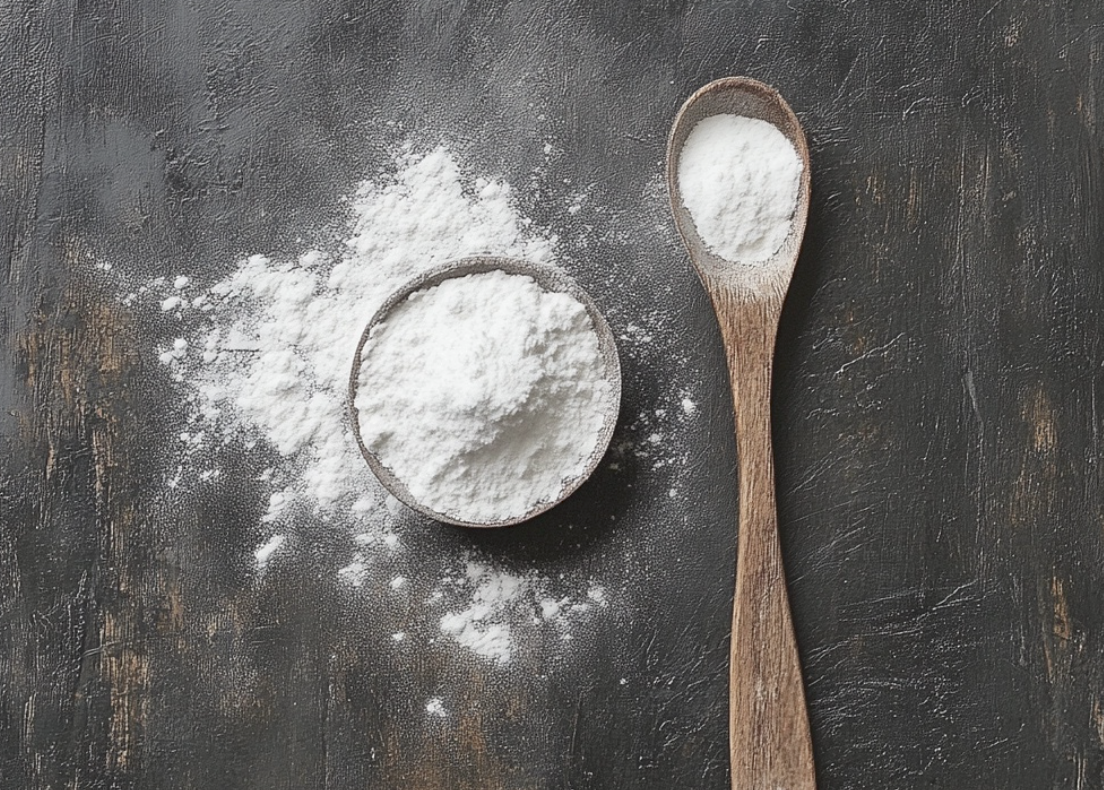
Baking soda is widely recognized for its skin-soothing properties, particularly in cases of itching or irritation. It is a gentle option for those with sensitive skin.
You can combine baking soda with other ingredients like essential oils to enhance its effects. A simple bath with baking soda can leave your skin feeling soft and calm.
Add half a cup of baking soda to your bathwater and soak for 15-20 minutes.
4. Apple Cider Vinegar
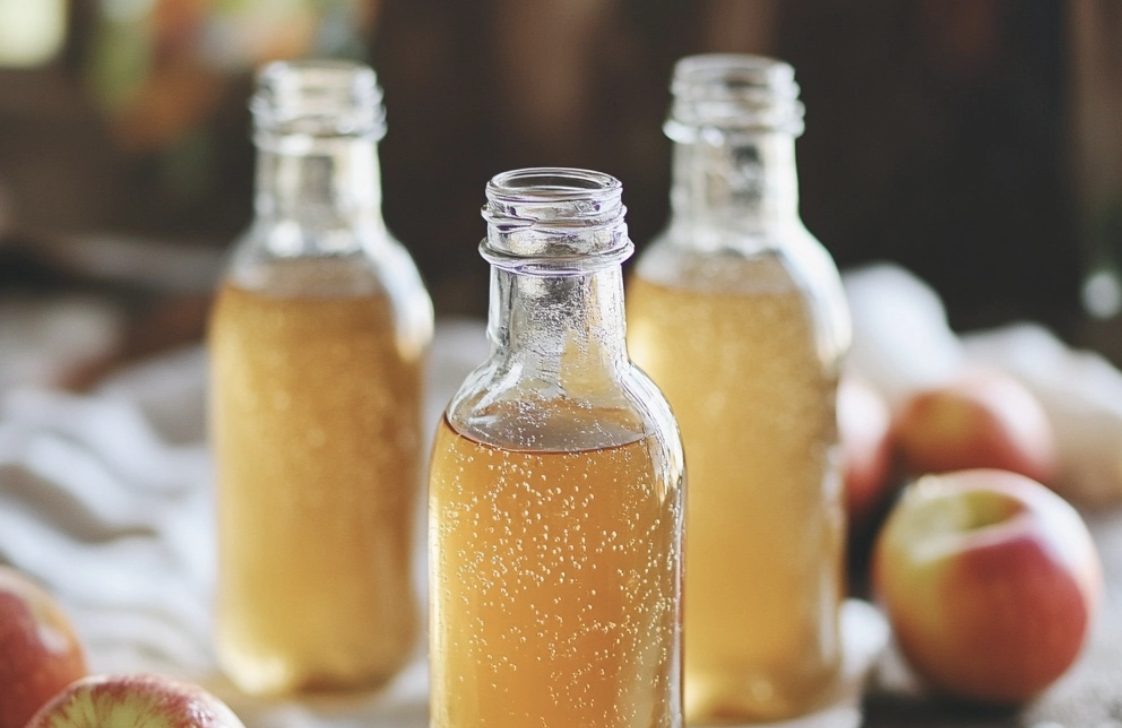
Apple cider vinegar is known for its detoxifying properties and softening skin. It’s a natural option for those looking to maintain healthy skin.
Add one to two cups of apple cider vinegar to your bathwater. This helps balance the skin’s pH and can be particularly soothing for sunburned skin.
A 20-minute soak in this mixture can leave your skin feeling refreshed and rejuvenated.
5. Dead Sea Salt
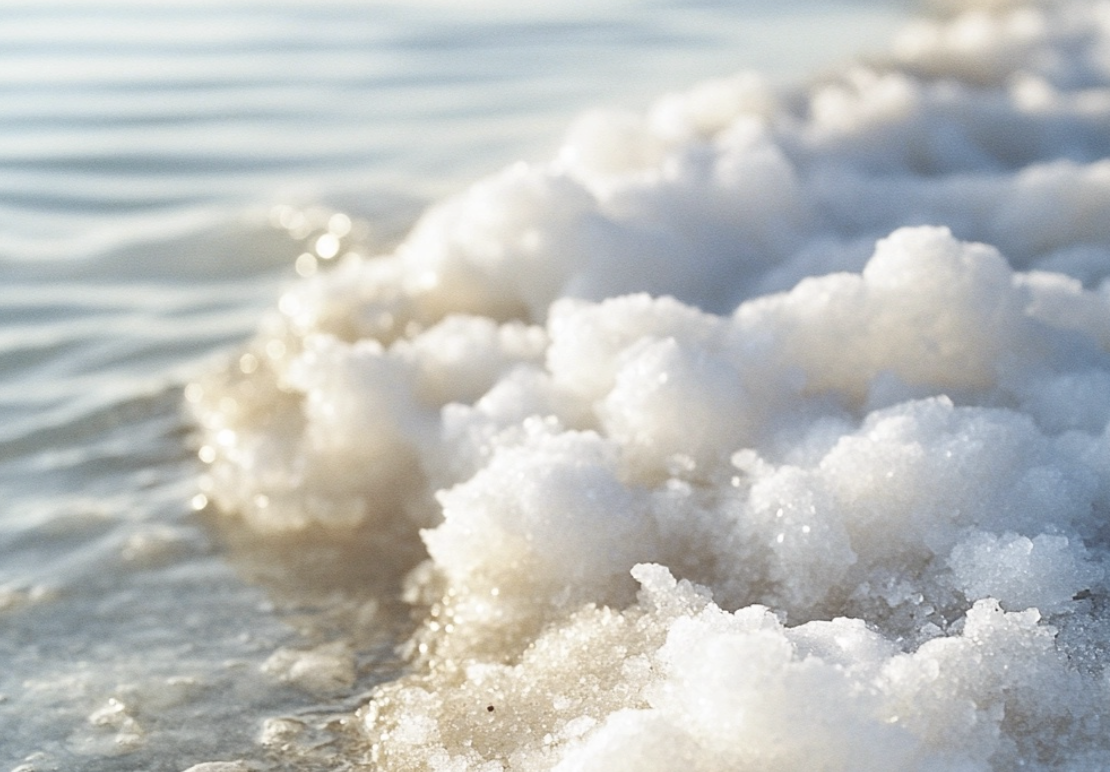
Dead Sea salt is highly regarded for its therapeutic benefits, especially for those with skin conditions like eczema or psoriasis.
It is rich in minerals like magnesium, calcium, and potassium, which can nourish and heal the skin. When compared to other salts, Dead Sea salt stands out due to its high mineral content.
Dissolve a cup of Dead Sea salt in warm bathwater and soak for 15-20 minutes to enjoy its full benefits.
6. Magnesium Flakes
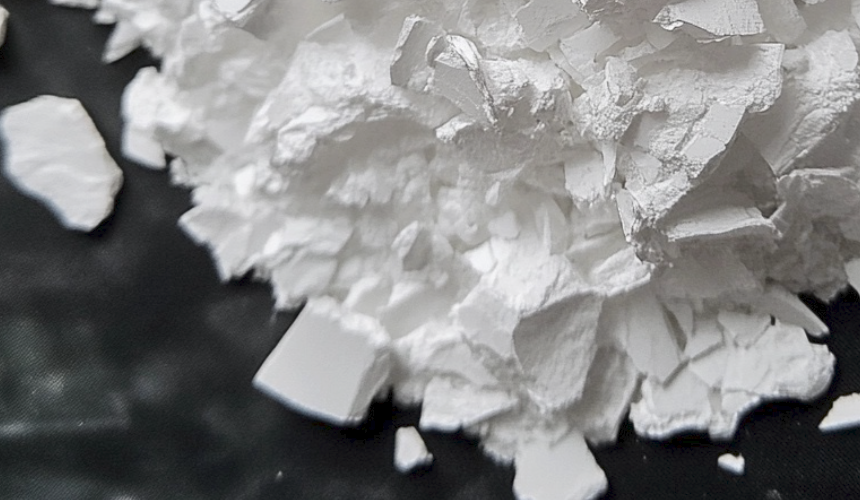
Magnesium flakes are a great alternative for those seeking muscle relaxation.
They have a higher magnesium content compared to Epsom salt, making them particularly effective for relieving muscle cramps and soreness.
To use, dissolve a cup of magnesium flakes in warm bathwater and soak for 20 minutes. The magnesium will be absorbed through your skin, providing relief from tension and helping you relax.
7. Oatmeal
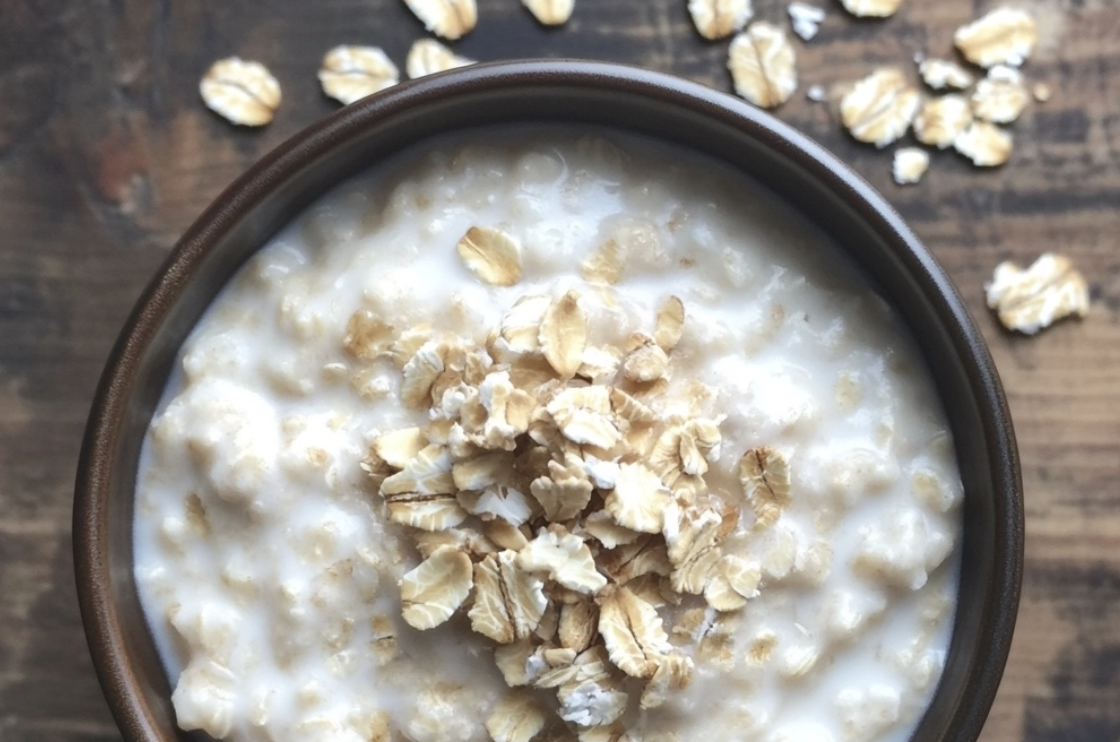
Oatmeal is a gentle and effective option for softening and soothing the skin, particularly for those with conditions like eczema.
To prepare an oatmeal bath, blend a cup of oatmeal into a fine powder and add it to warm bathwater.
The oatmeal will create a milky bath that softens and soothes irritated skin. For added benefits, you can mix in a few drops of essential oils like lavender or chamomile.
8. Witch Hazel

Witch hazel is known for its anti-inflammatory and astringent properties, making it useful for treating minor skin irritations and reducing swelling.
To use in a bath, add a few tablespoons of witch hazel to warm water. You can also apply it directly to the skin with a cloth as a compress.
Witch hazel is particularly helpful for those dealing with inflamed or irritated skin, offering relief and promoting healing.
9. Essential Oils
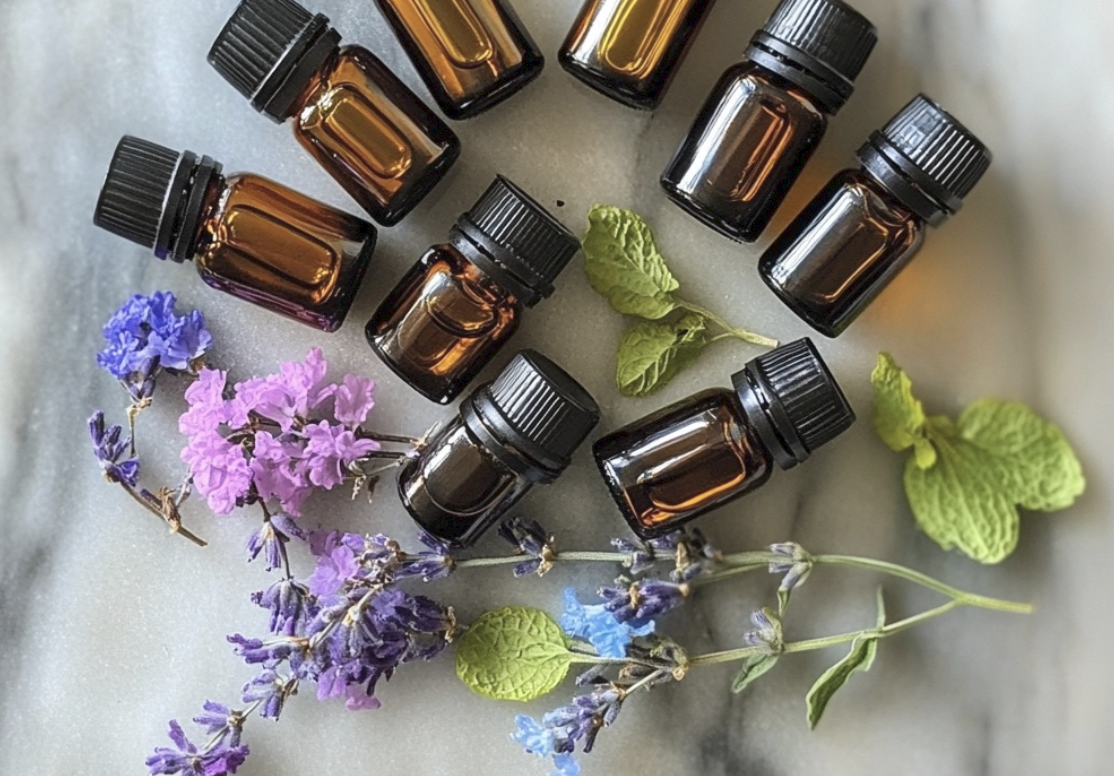
Essential oils like lavender, chamomile, or eucalyptus can be used to create a relaxing and aromatic bath.
These oils have calming properties that can enhance your bathing experience. To use, add a few drops of your chosen essential oil to your bathwater.
Ensure that the oils are diluted properly to avoid skin irritation. You can also blend different oils to create a personalized bath soak that suits your mood and needs.
10. Clay
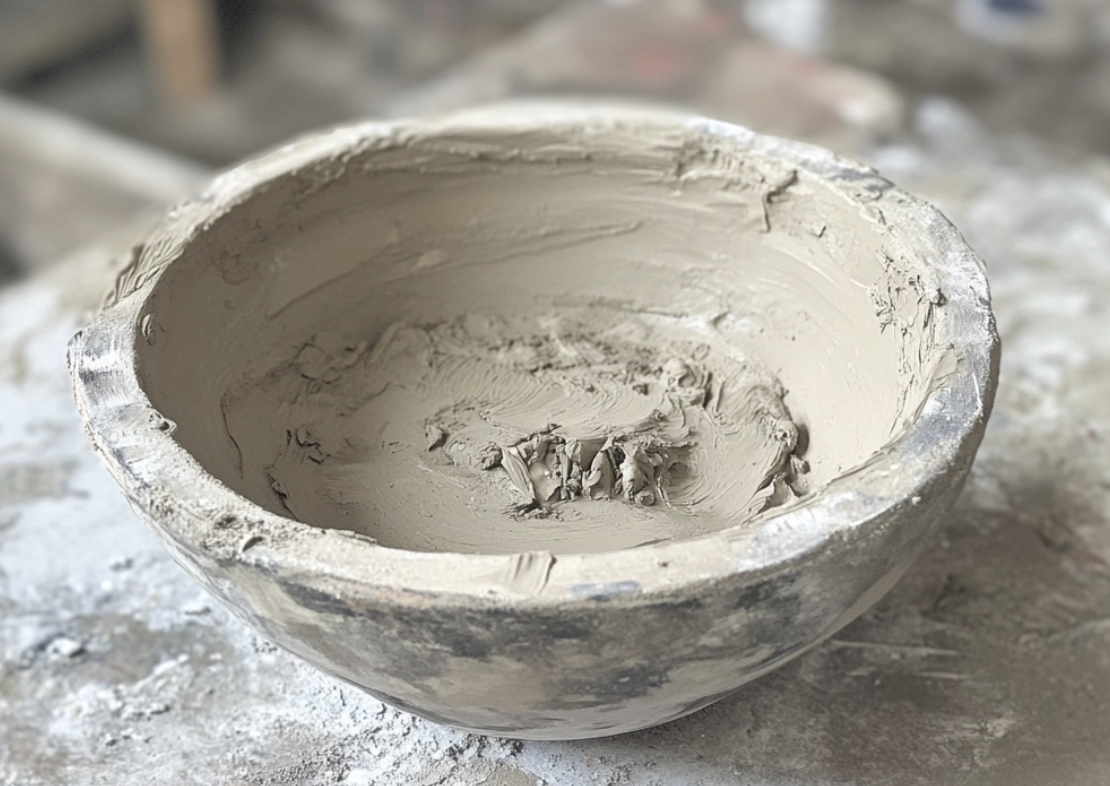
Clays like bentonite or kaolin are excellent for detoxifying the skin. They draw out impurities and leave the skin feeling refreshed.
To create a clay bath, dissolve a cup of clay in warm water and soak for 20 minutes.
This bath is particularly beneficial for those with oily or acne-prone skin, as it helps to purify and balance the skin’s natural oils.
11. Ginger Powder
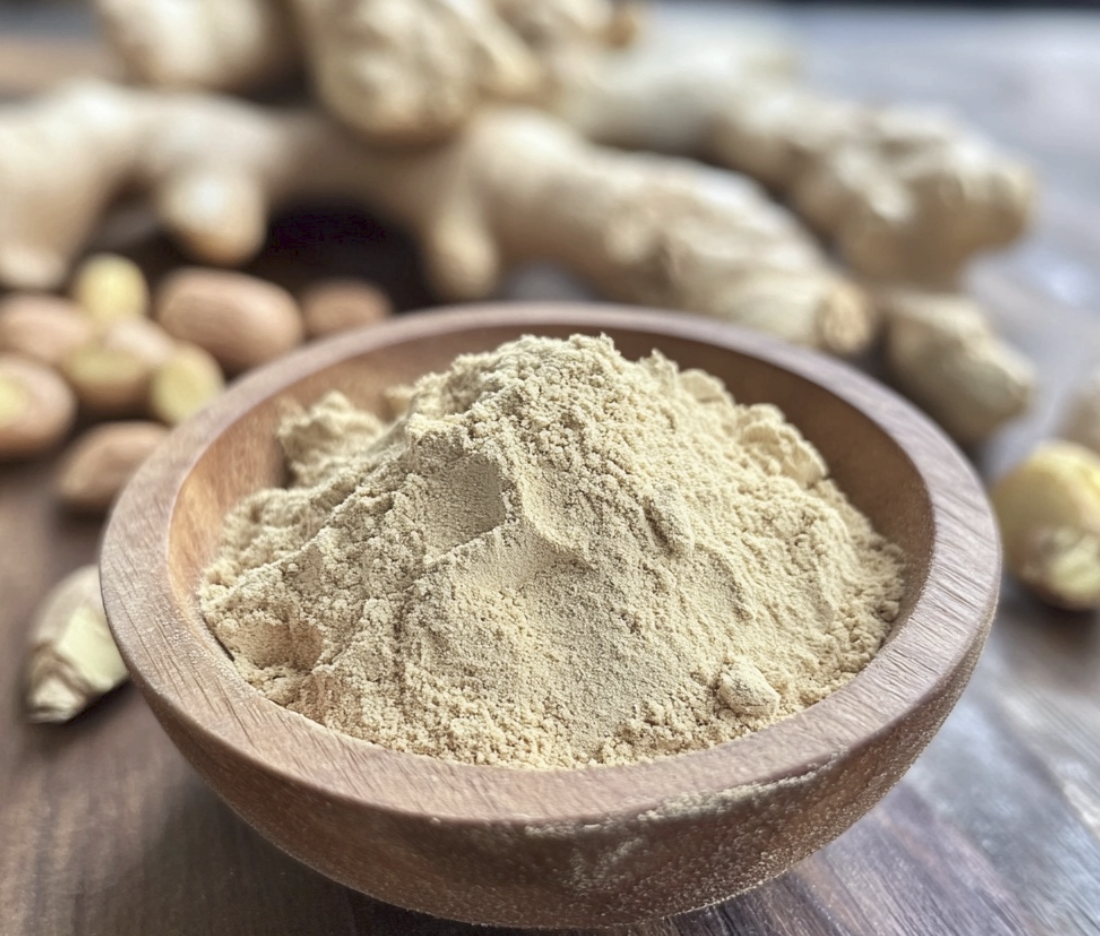
Ginger powder is known for its warming effects on the body and its ability to promote sweating, which can help relieve muscle pain and stiffness.
To use, add a few tablespoons of ginger powder to your bathwater. Be mindful of sensitive skin, as ginger can cause a warming sensation.
A ginger bath can help ease muscle soreness and leave you feeling relaxed.
12. Mustard Powder
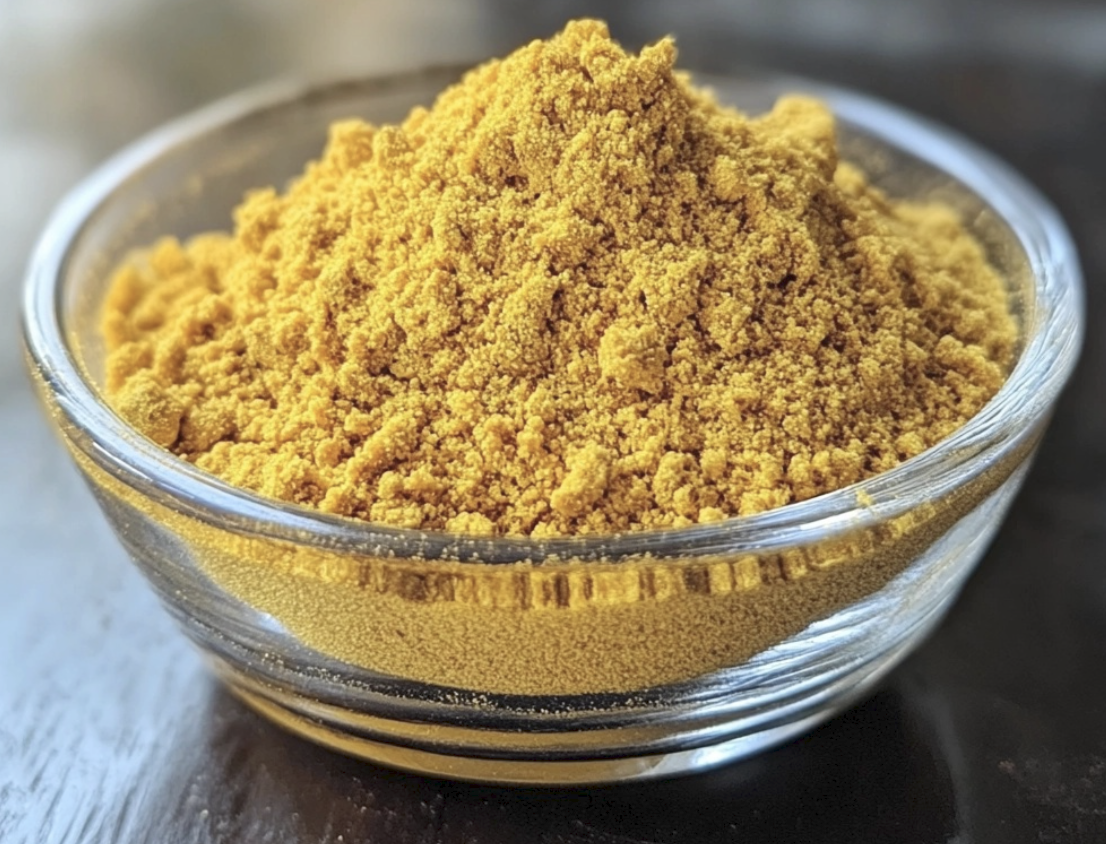
Mustard powder has been traditionally used to stimulate circulation and relieve aches and pains.
To create a mustard bath, dissolve a quarter cup of mustard powder in warm water and soak for 15-20 minutes.
This type of bath is particularly helpful for relieving muscle tension and improving blood flow. However, it’s important to use mustard powder with caution, especially if you have sensitive skin.
13. Green Tea
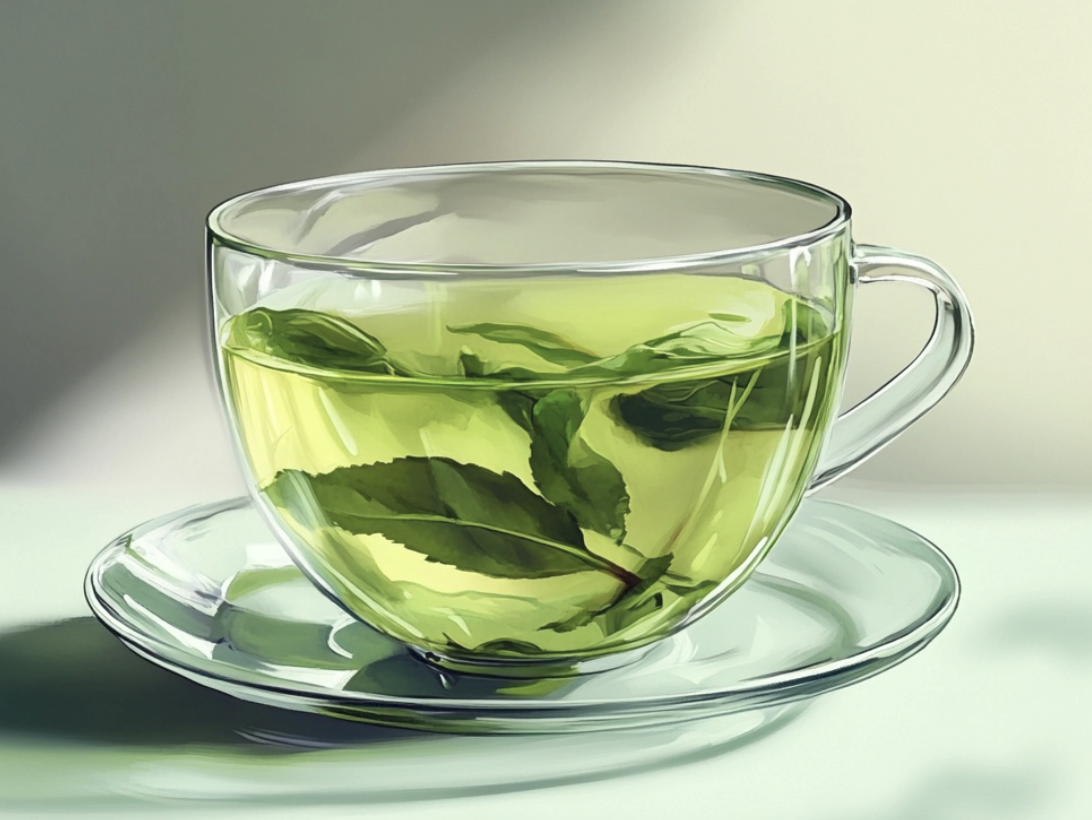
Green tea is packed with antioxidants and has anti-inflammatory properties that benefit the skin.
To prepare a green tea bath, steep several tea bags in hot water and then pour the tea into your bath. A green tea bath can help reduce swelling and calm irritated skin.
The antioxidants in green tea also work to rejuvenate your skin, leaving it feeling soft and refreshed.
14. Coconut Oil
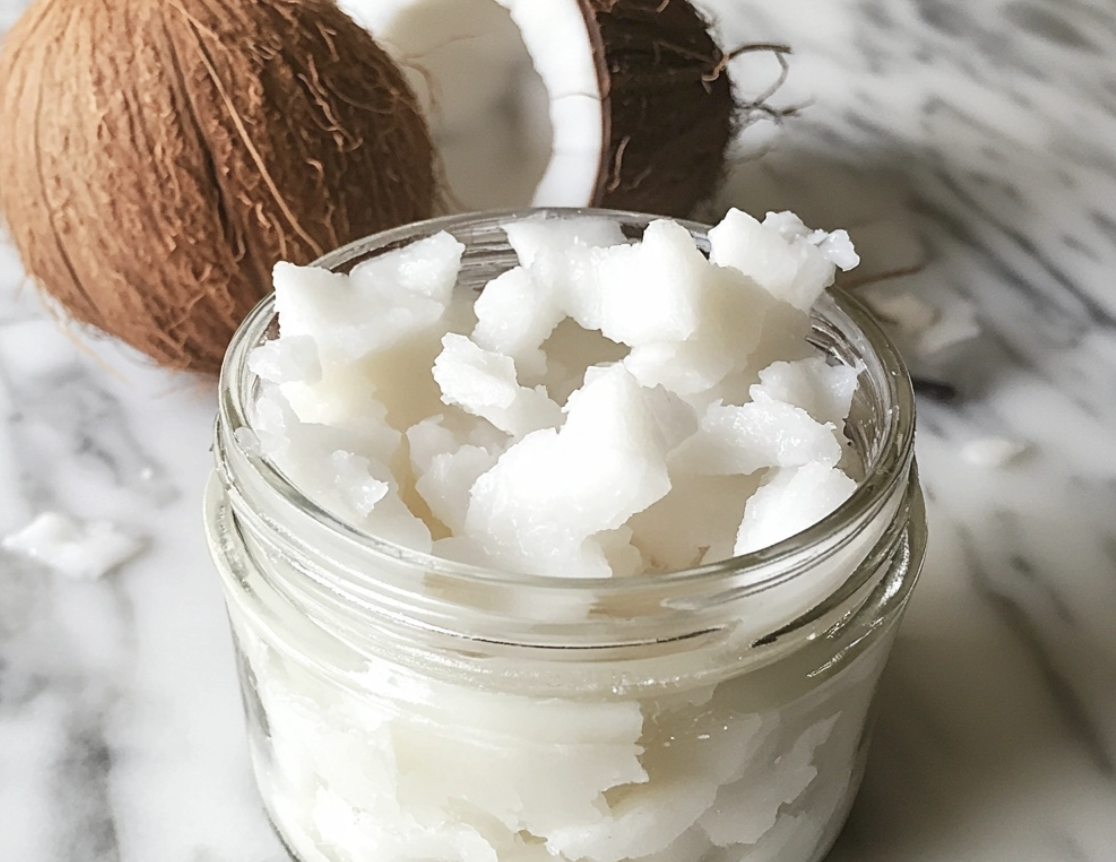
Coconut oil is an excellent moisturizer and is well-known for its ability to hydrate and soothe dry skin.
To use, add a few tablespoons of coconut oil to your bathwater or apply it directly to your skin after bathing.
Coconut oil helps lock in moisture, leaving your skin feeling soft and nourished. It’s a great option for those looking to enhance their bathing routine with a natural moisturizer.
15. Almond Milk
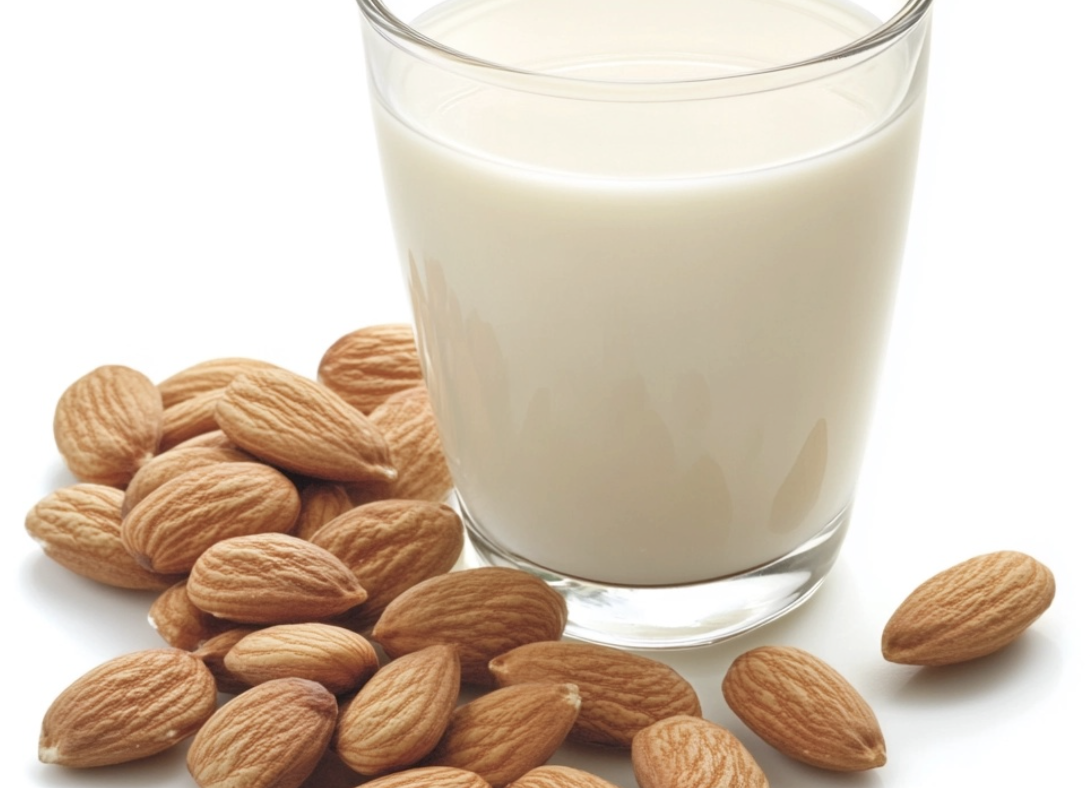
Almond milk is a nourishing and hydrating option for your skin. To create an almond milk bath, simply add two cups of almond milk to warm water.
This luxurious bath will leave your skin feeling soft and smooth. For an added touch, you can combine almond milk with honey or essential oils to create a soothing and moisturizing bath experience that pampers your skin.
Conclusion
Incorporating different substitutes for Epsom salt into your bath routine can benefit your skin and overall well-being.
Each alternative offers unique advantages, from soothing muscle tension to moisturizing and nourishing skin.
Whether you choose sea salt, oatmeal, or essential oils, these natural options provide simple ways to enhance your bath time.
By exploring these alternatives, you can tailor your bath experience to your needs, ensuring that every soak leaves you feeling relaxed and rejuvenated.
Remember, finding what works best for you is the key to a great bath.
Experiment with these substitutes and discover how they can bring comfort and relaxation into your daily routine, turning a simple bath into a refreshing ritual.

